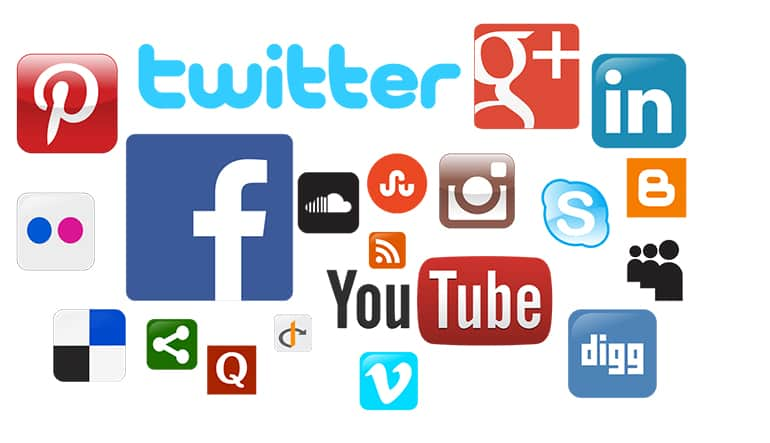In modern day organizations, social media tools enable companies to gather and disseminate information, engage with their audience and create relationships with multiple communities.
Companies are hiring social media communicators to represent their organization, interact with the public, and speak and publish on behalf of the company due to its newfound necessity.
To understand the roles of social media communicators (SMC) in organizational communication efforts, Serena Carpenter, assistant professor of Journalism Innovations in MSU’s School of Journalism, and Alisa Lertpratchya M.A., a doctoral student in MSU’s AD + PR department, applied a variety of research methods.
"I am fascinated with how people working within innovative roles navigate that role," said Carpenter. "The internet and other new technologies have led to a number of workers working in newly created roles."
Exploring Roles
The first study conducted by Carpenter and Lertpratchya explored role stressors associated with SMCs and how they handled job stress in this recently created position. The purpose of the study was to assess how people holding innovative roles learn and navigate the responsibilities of often ill-defined jobs.
Carpenter and Lertpratchya drew results from qualitative interviews that investigated how this digital workforce contributes to the organization when their role is not well understood.
The interviews revealed that SMCs did not experience conflict as a result of leadership holding multiple expectations of them. Instead, a large portion of SMCs experienced role ambiguity because management and coworkers did not fully understand what they did for the organization.
As a result, SMCs used several tactics and resources for guidance in learning more about their responsibilities. Results showed SMCs navigated the ambiguity by turning to search engines to get questions answered, having a mentor, networking, participating in seminars and training sessions and more.
"In the digital media environment, social media communicators addressed ambiguity by banding together with outside social media experts to help each other advance within their own organizations." said Carpenter.
While jobs varied for SMCs involved in the study, SMCs overall saw the ambiguity of their role as empowering rather than stressful. In their respective companies, SMCs were regarded as experts because of their ability to use social media to improve campaign efforts, relationships and other communication tactics.
The study concludes that knowledge workers, or SMCs, must regularly learn and share their expertise to manage role ambiguity. But as a whole, the study deduced that social media communicators were not only adept and personable, they were digitally literate and self reliant, too.
Expanding Understanding
Carpenter and Lertpratchya conducted a second study to create and define a set of social media communicator roles, leading to the creation of a measure that illuminates what these employees do within an organization.
"The study specifies the various functions of their position," said Carpenter. "People working in such positions can better understand their job responsibilities and leadership can better understand how to manage digital media workers."
To understand social media communicator roles, 10 SMCs were interviewed and asked 10 multi-part questions. Following the interviews, the researchers received feedback from social media experts that assessed validity and evaluated their scale. Additionally, Carpenter and Lertpratchya administered a pretest to eight professional communicators and surveyed experts to assess and adjust their questionnaire structure.
As a final step, the two researchers conducted a quantitative survey to professionals under the SMC role.
"Roles is a sociological concept, and roles aid social scientists in understanding how multiple publics such as management, colleagues, audiences, and other social media experts influence how they define their role," said Carpenter.
Defining these roles can help inform those unfamiliar with the various roles and responsibilities of SMCs. The results of this study showed five common general behaviors that describe the roles of SMCs: customer service provider, mobilizer, information disseminator, researcher and community builder.
Read more about the stressors associated with SMCs and the various roles of SMCs through a scale.
